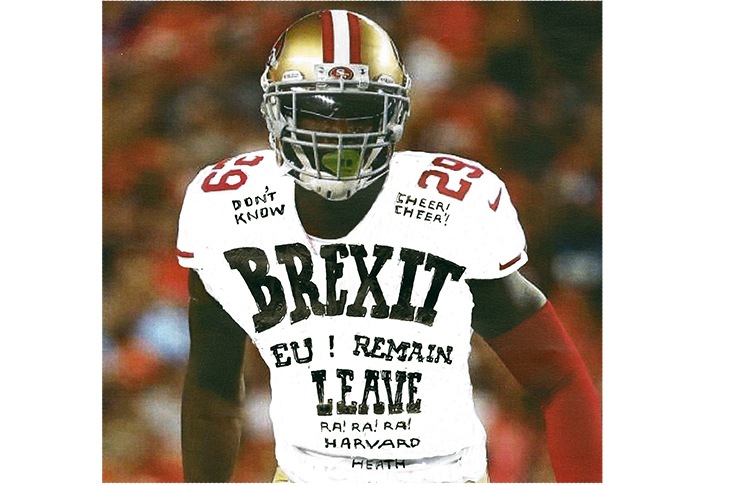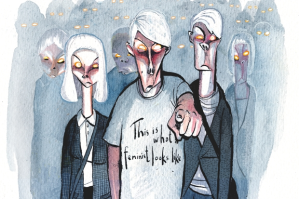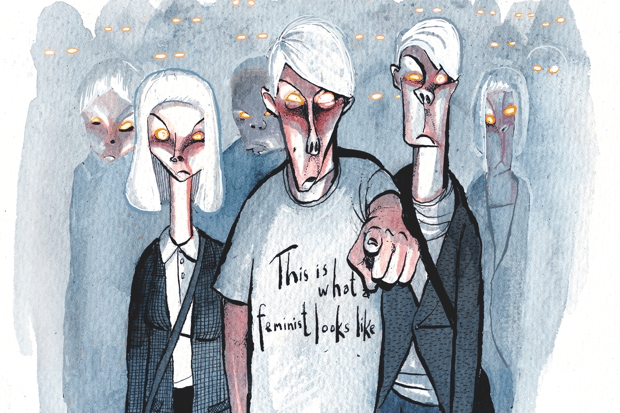Across the street at the Museum of Fine Arts, there is an extraordinary collection of Georgian furniture and paintings from Boston just before the revolution. It all seems a lot more sumptuous than the sort of thing that would have been found in a contemporary English town of 15,000. The colonials were, of course, more lightly taxed than the British, yet they rebelled. Might it have been to do with sovereignty and ‘taking back control’? I suppose it worked out for them.
Still, when I asked my study group at Harvard’s Kennedy School whether Brexit was a good idea, not a single hand went up. The consensus seemed to be that the European Union actually resembles the United States in the brief period between the war of independence and the constitution — the era of confederation. Enough powers were delegated to the centre to annoy anti-federalists, but not enough to stop individual states from cheating on the agreed rules. Our quick study of the history of confederations suggests that they either evolve into proper federations, or collapse. The EU’s dilemma is that actions which are necessary for its survival may not be politically possible. Unless events intervene. But thanks to Brexit, which has made the union more popular than ever in many European countries, a transition to some sort of federation is more plausible than in the past.

























